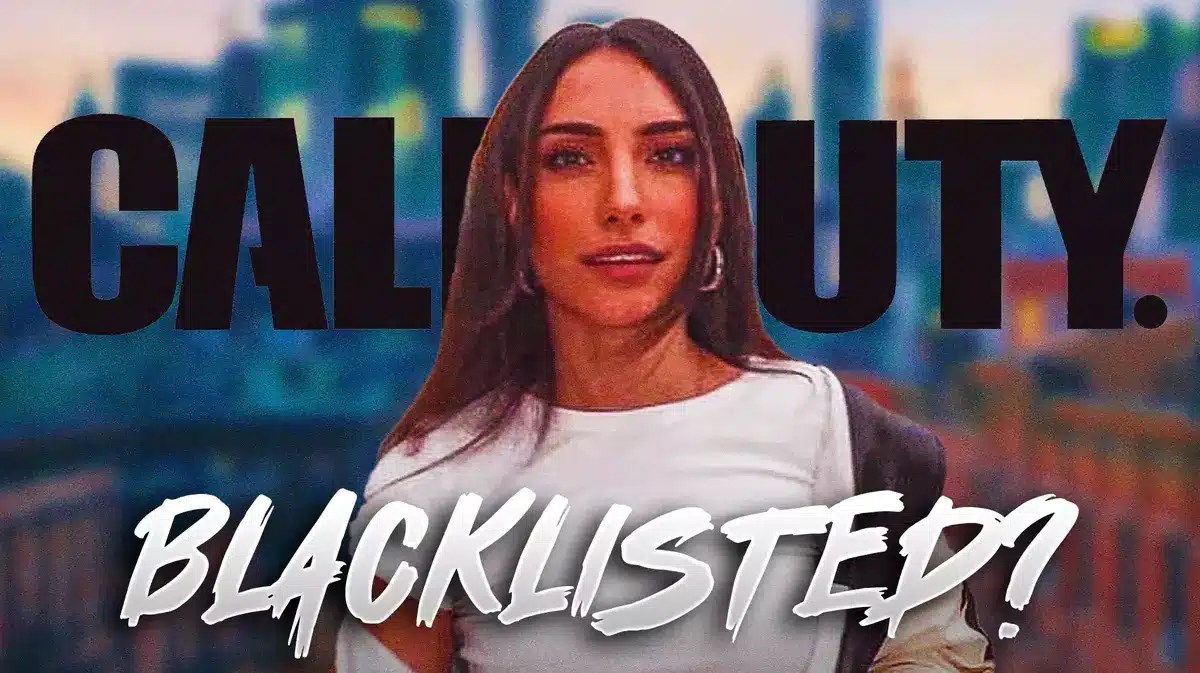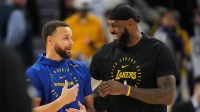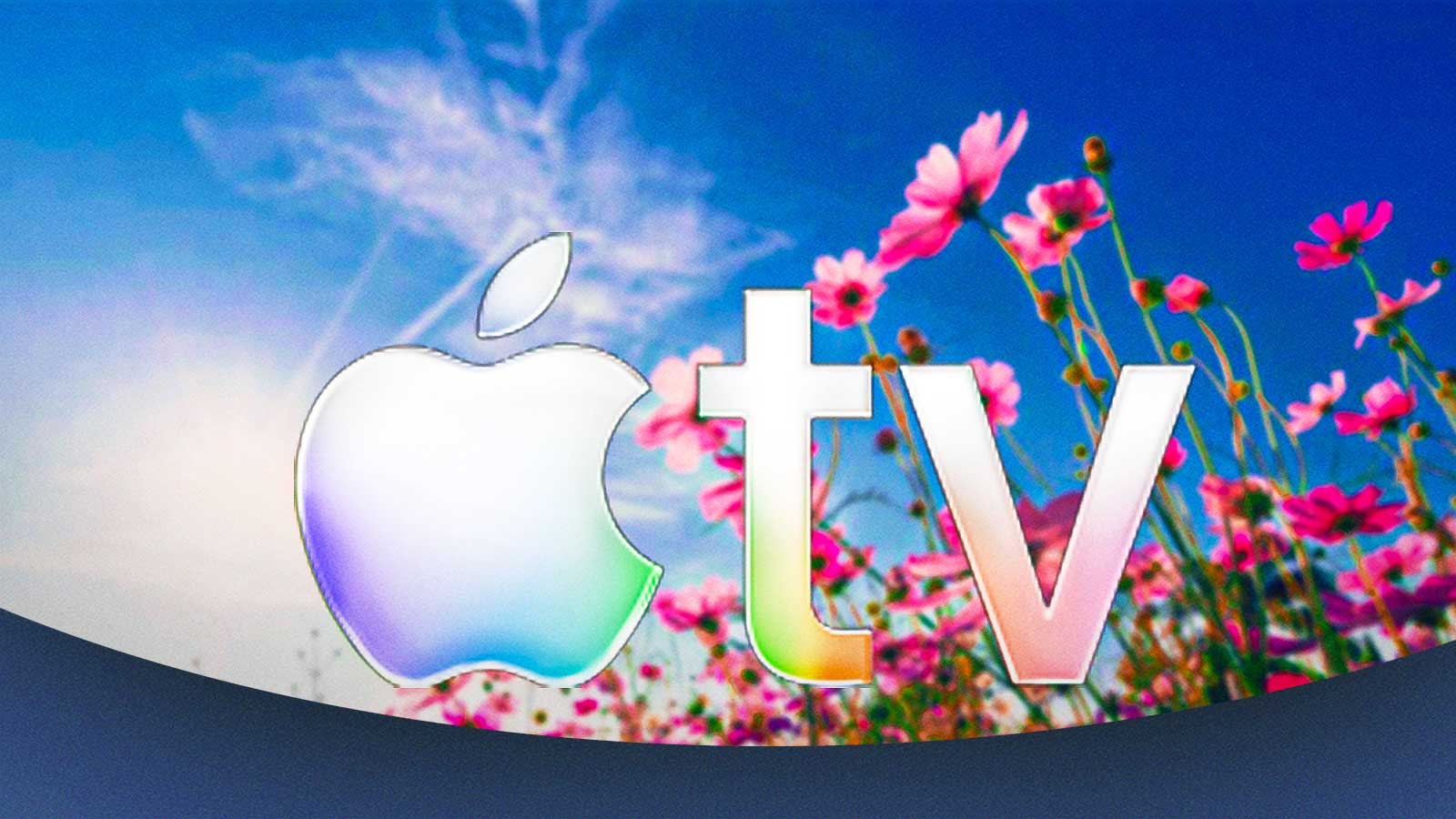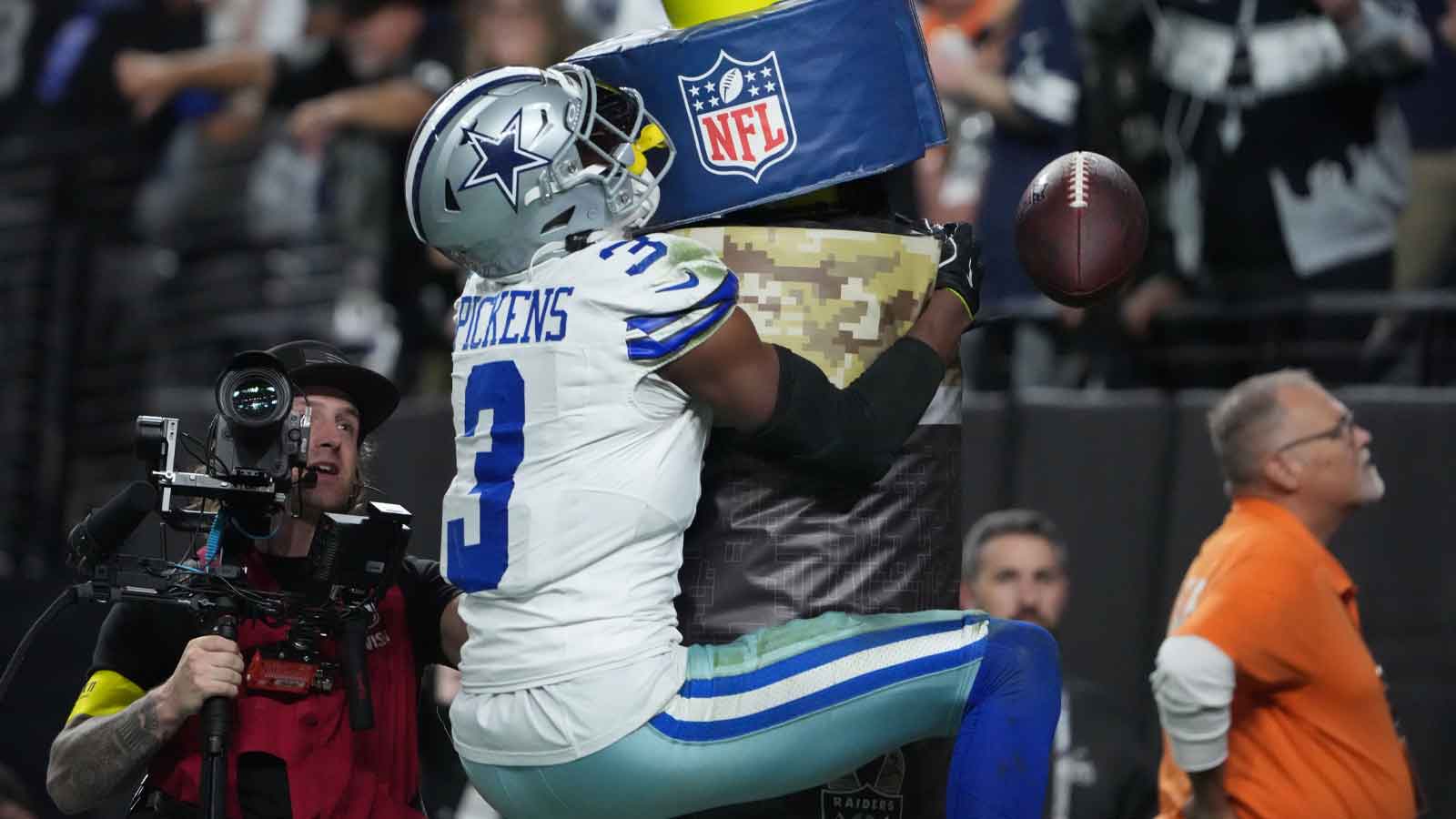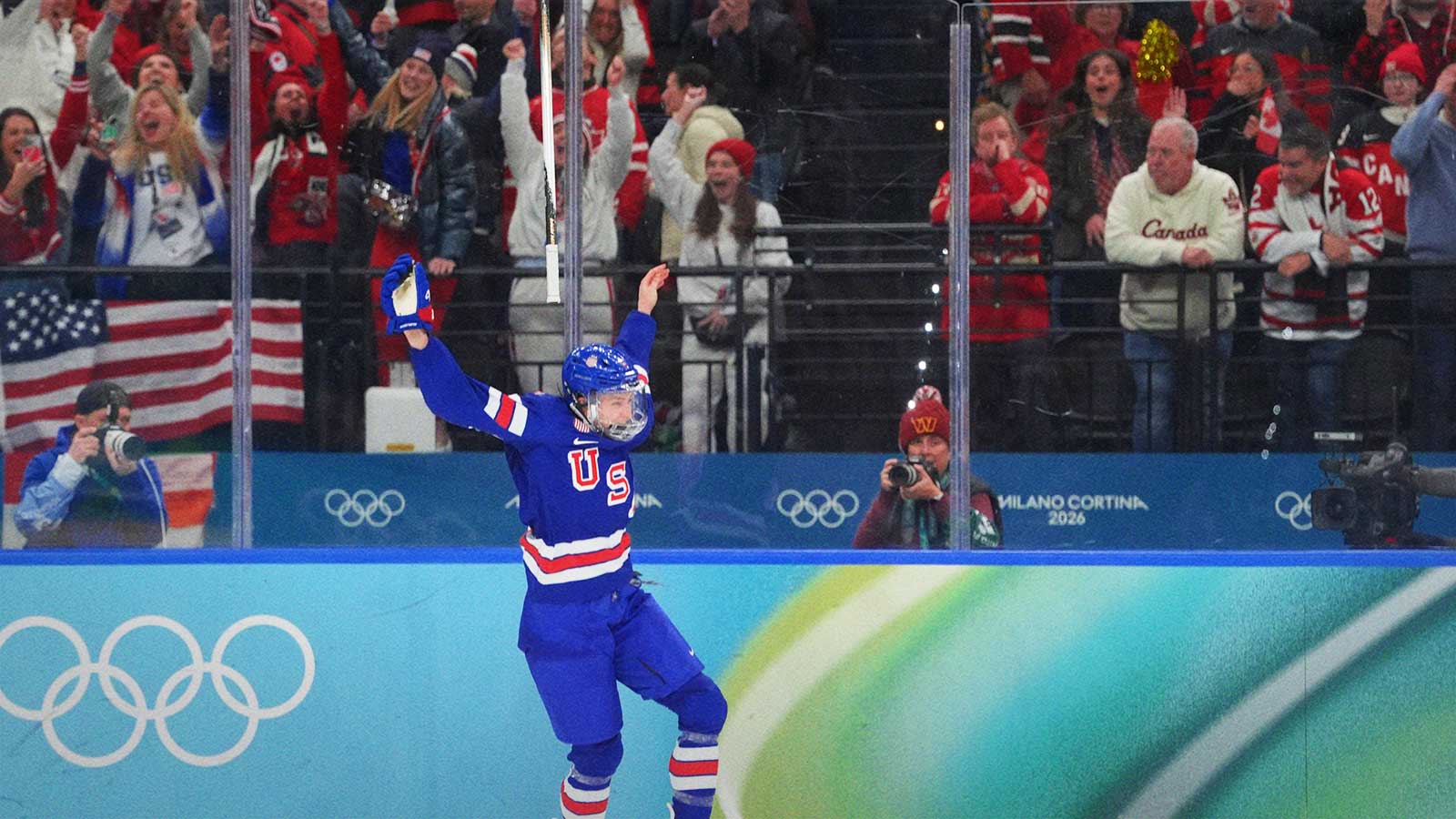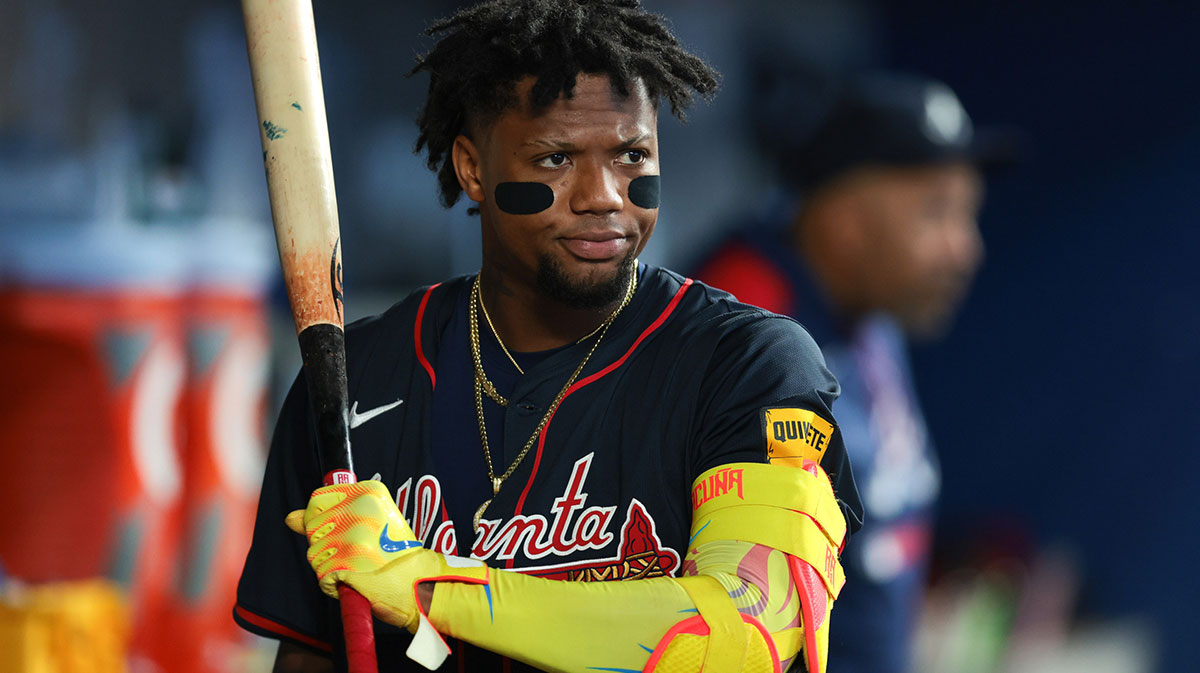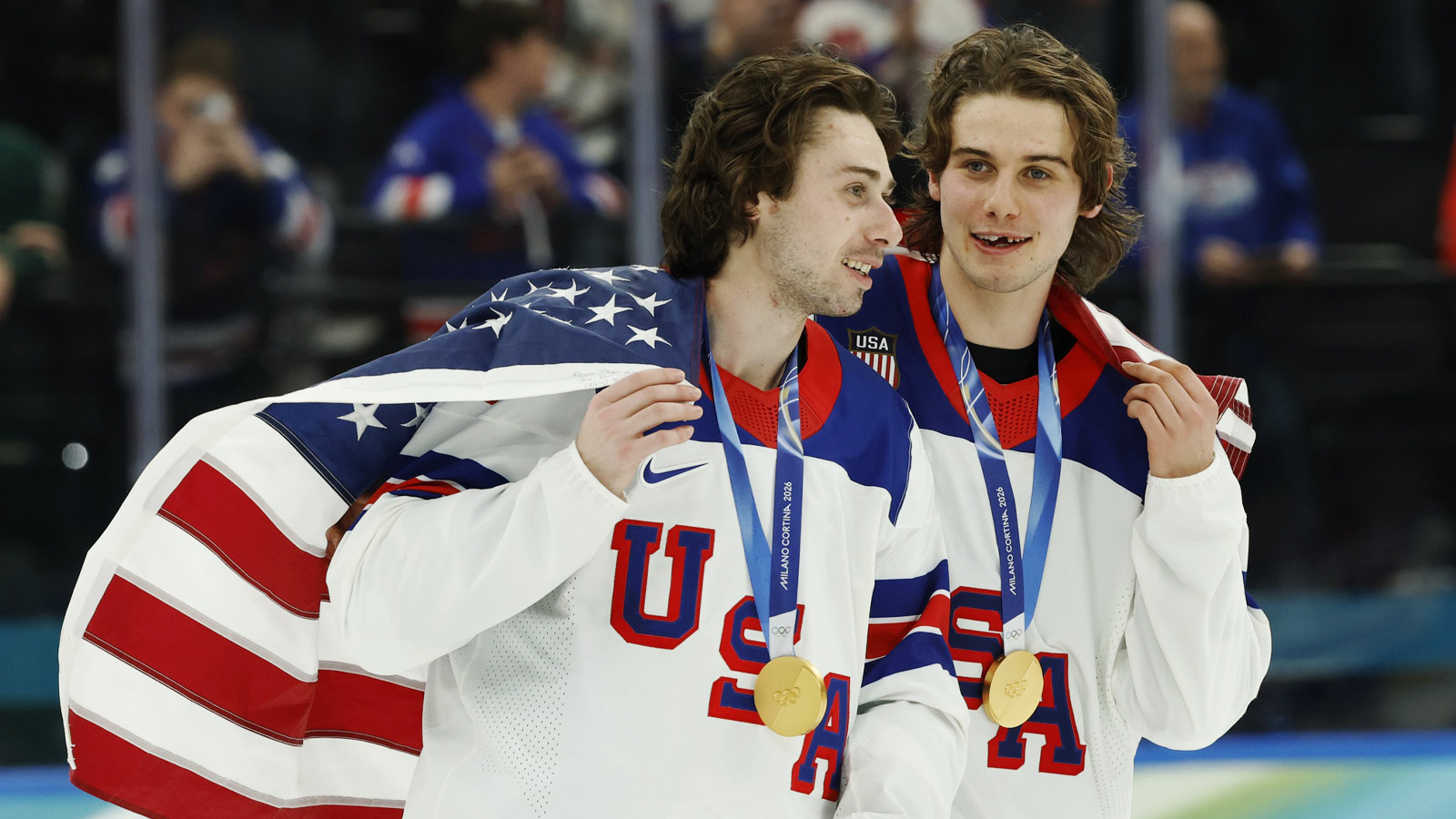In a recent and unexpected turn of events, the gaming community was caught off-guard when Nadia Amine, an emerging force on Twitch and a dedicated Call of Duty player, publicly challenged video game giant Activision. Through her various social media channels, Nadia accused the company of unjustly preventing her from participating in official Call of Duty tournaments. Central to her accusations is the claim that Activision's decision was based on discrimination, pointing specifically to her sharing of bikini photos on social platforms as the alleged reason for this exclusion.
Rising Twitch Star Nadia Faces Activision Blacklist
Since her debut in late 2021, Nadia has rapidly become a prominent figure on Twitch, garnering a substantial fan base of 1.2 million followers. Her dynamic and captivating Call of Duty streams have drawn large audiences, with her viewership numbers reaching impressive heights by the summer of 2022. Despite encountering some obstacles along her journey, including a brief suspension from Twitch, Nadia's popularity has continued on an upward trajectory.
The situation took a dramatic turn on January 3, when Nadia took to X, formerly known as Twitter, to announce that Activision had reportedly blacklisted her from all Call of Duty eSports events. The reason given, according to Nadia's statements, was the posting of bikini photos on her social media accounts. This bombshell revelation ignited a fiery discussion within the gaming community, sparking a broader conversation about the potential presence of double standards in the industry, especially regarding the differential treatment of male and female content creators.
DOING A $6,900 2V2 COED BUY IN TOURNAMENT. being banned won’t stop me. come watch me win.
-> twitch . tv/ nadia pic.twitter.com/37ee1lrg0i
— nadia (@TheNadiaAmine) January 3, 2024
Nadia's assertion is that while male content creators frequently escape repercussions for disseminating explicit content, her similar actions have resulted in a total ban from competitive gaming events. This claim has resonated with a large segment of her audience, eliciting a wave of support from her followers. However, there remains a segment of the online community that is skeptical of her claims. Some have speculated that her exclusion may be tied to prior accusations of cheating during Call of Duty: Warzone competitions.
Nadia Amine Sparks Debate On Player Blacklisting
The practice of blacklisting players from professional gaming circuits is not a new phenomenon for Activision, with previous instances often linked to harmful or toxic behavior on social media platforms. Nevertheless, if Nadia's allegations hold true, this would mark an unprecedented move by Activision, as no player has ever been barred solely due to the nature of their personal photographs.
It is important to note that this is not the first instance where Nadia has voiced concerns about being subject to discrimination. In a now-deleted tweet from September 3, she alluded to being excluded from the COD Next 2023 event for reasons similar to the current allegations. Despite these claims, Activision has maintained its usual stance of not publicly commenting on its decision-making processes regarding event rosters.
The unfolding of this controversy has left the gaming community deeply divided. While some are convinced that Nadia is experiencing unfair treatment, others ponder the possibility of more complex reasons behind Activision's decision. The matter has sparked widespread debate across various social media platforms, with many in the community deliberating over the wider implications for gender equality within the eSports realm.
Nadia Amine's recent experience has sparked discussions about gender dynamics in the gaming industry, which predominantly caters to a male audience. Despite strides made in fostering inclusivity and diversity within eSports, incidents like Nadia's shed light on the persistent challenges and biases in the sector.
The details surrounding Nadia's reported blacklisting by Activision remain unclear. The absence of an official response from the company has led to speculation within the gaming community. This situation has brought attention to important issues within the eSports realm, such as equality, representation, and the criteria for evaluating players irrespective of their gender. While the controversy raises questions about Nadia's specific case, it also prompts broader considerations about fairness and equality in competitive gaming.
For more gaming news, visit ClutchPoints Gaming

